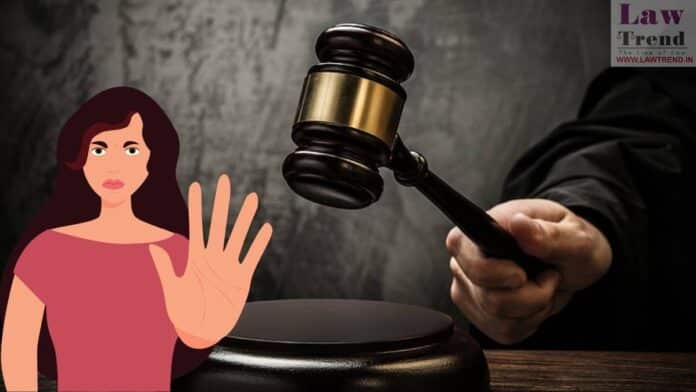The Delhi High Court has sought the stand of the Centre on a petition seeking to recognise as valid the consent given by teens aged 16-18 years for having consensual sex.
A bench headed by Justice Mukta Gupta issued the notice on a petition by a 21-year-old man who has been booked in a POCSO case for allegedly having a consensual romantic relationship with a minor girl.
The petitioner said that he and the “victim” engaged in consensual sex and there is nothing on record to show the use of force and the FIR was registered only at the behest of the girl’s family.
The petitioner claimed that persons aged 16-18 years are capable of giving consent and reprimanding innocent adolescents for acting on the consent of their female counterparts is against the principles of natural justice.
He thus contended that the provisions of the Protection of Children from Sexual Offences (POCSO) Act, which fail to recognise the valid consent of children aged 16-18 years, should be “read down” or declared unconstitutional.
The court has sought the stand of the state too on the petition which also assailed a trial court order framing charges under POCSO Act against the petitioner.
“Issue notice. Reply affidavits be filed by the respondent No.1 (Union of India) and respondent No.2 (State) within four weeks,” said the bench also comprising Justice Poonam A Bamba in a recent order. The matter will be heard next on April 11.
The petitioner, represented by lawyers Samrat Nigam and Archit Arora, asserted in his plea that the “oppressive and punitive provisions” of POCSO were contrary to the constitutional right of innocent citizens under the Constitution, including Article 21, which gives a fundamental right to privacy, dignity, and autonomy to choose one’s own partner.
The petitioner argued that persons aged 16-18 years cannot be put in the same category as those below the age of 16 as “equals should be treated equally and unequals, unequally.”
“Living in denial to the realities of today, the law not only reprimands but also instils a fear in the mind of the adolescents towards any form of affection or sexual relations with the opposite sex,” the petition said.
“Not recognizing the consent of the individual who has the mental capacity to understand the consequences of his/her actions, amounts to treating that individual as the property of the State,” it added.
The petition said that the only rational basis behind not keeping the age of consent as 18 years seemed to be to “re-enforce the conservative thought process of the Indian society.”
It also cited the Juvenile Justice Act, which, it said, has recognised that children aged between 16 and 18 have the “capability and maturity to understand the consequences of their actions.”
“The legislature failed to take into account the individuality of children and their preferences, which is not influenced by the western society but is biologically and psychologically driven.
“Not recognizing consent of women falling in the age bracket of 16-18 refrains them from exercising their right to life in its fullest sense,” stated the plea.
It stressed that even the drafters of the original bill on the law on sexual offences against children understood that the sexual development of children takes place between the ages of 16 and 18 years, and a study of POCSO cases in Mumbai and Delhi by an organisation in 2017 found that romantic cases accounted for 25 per cent of the cases.




